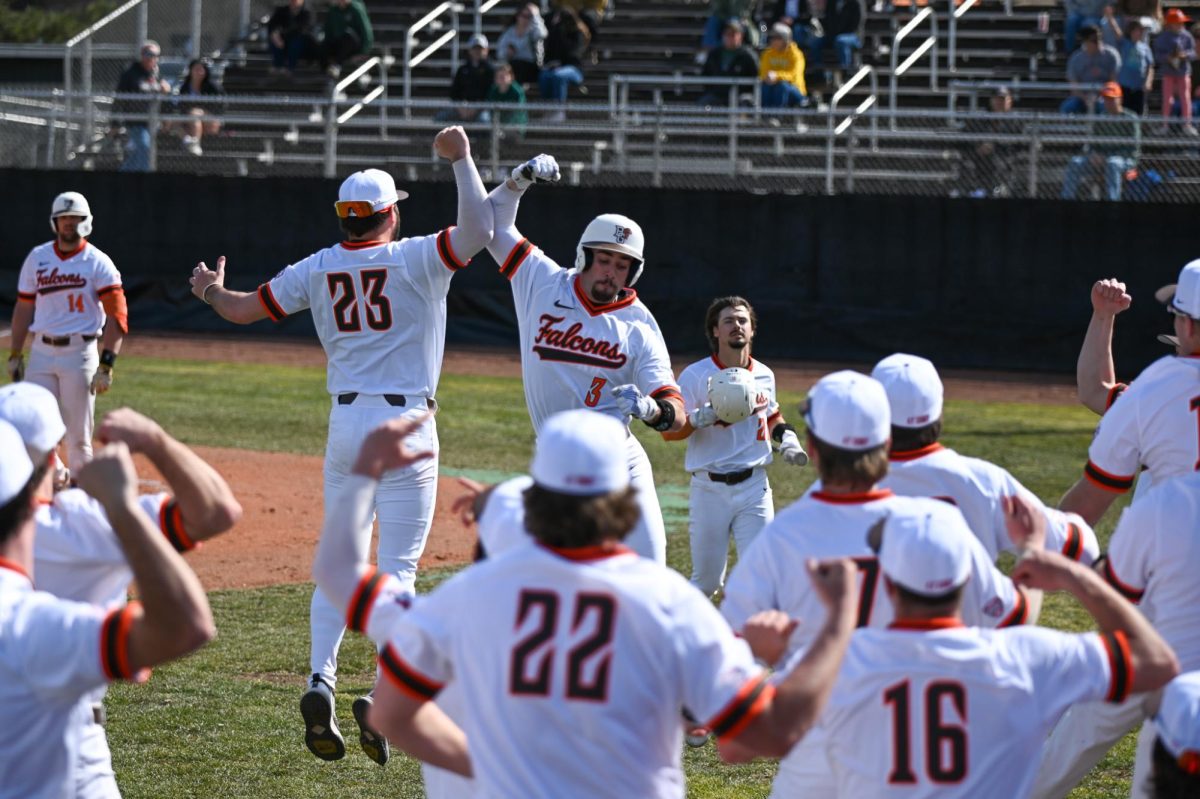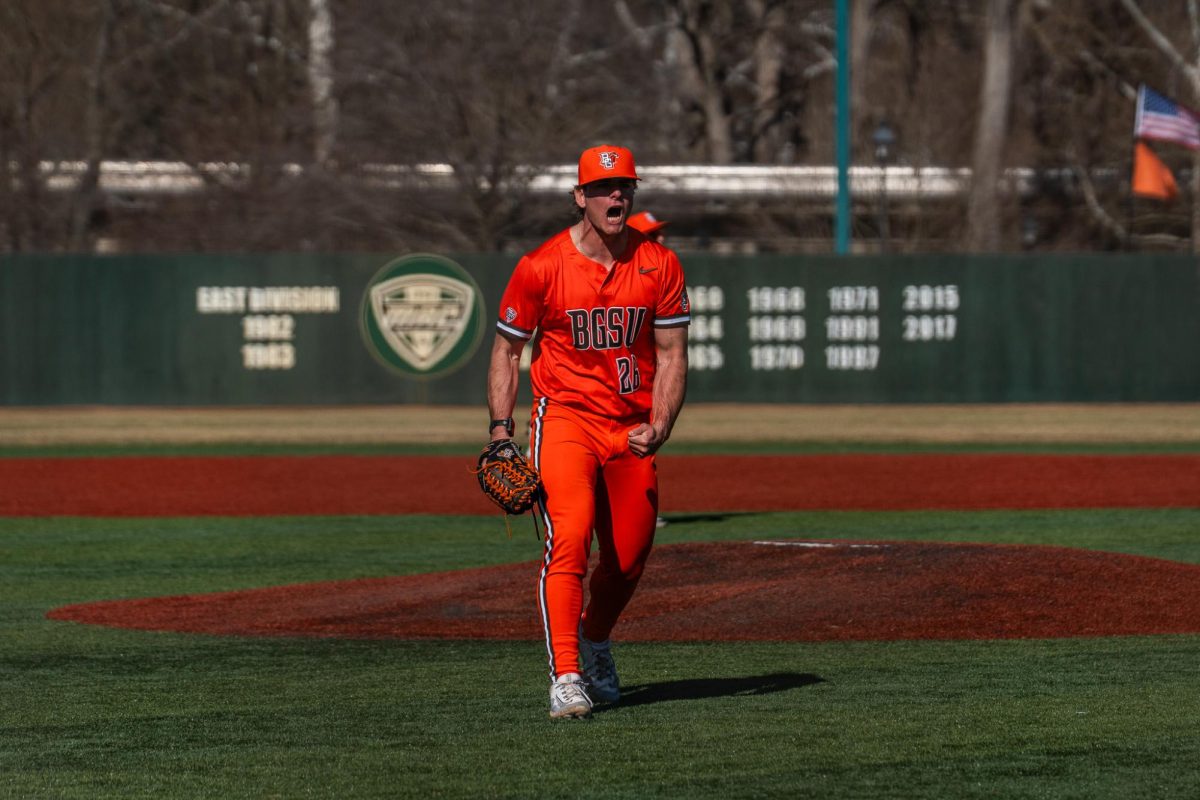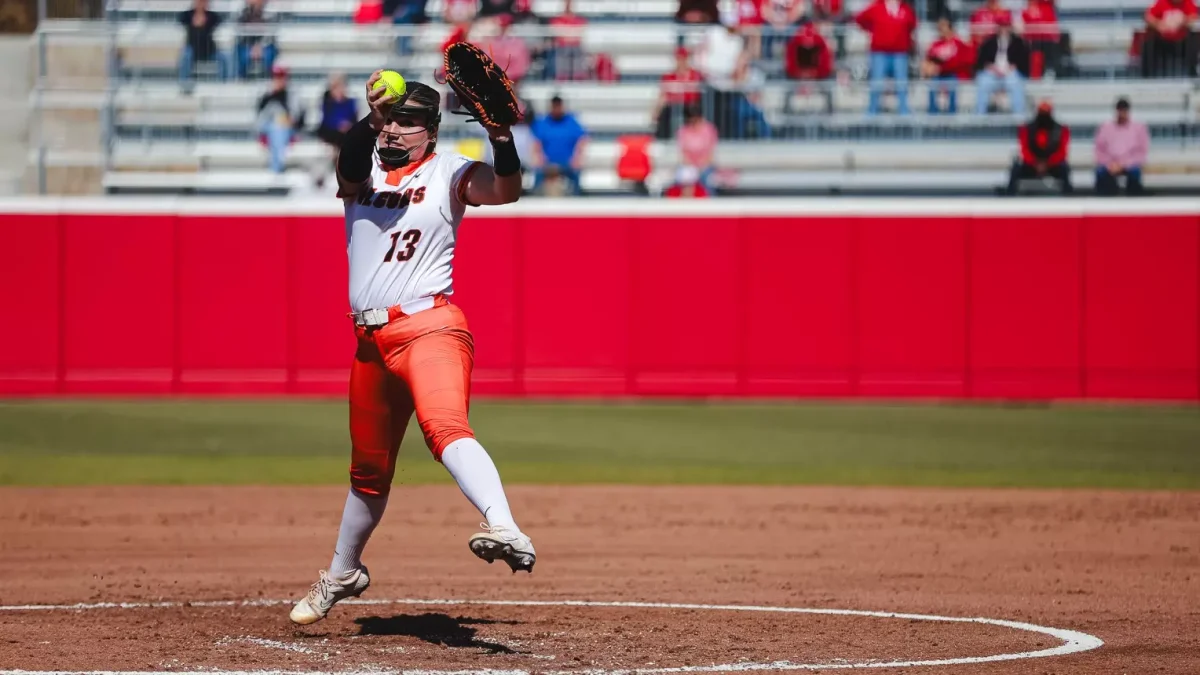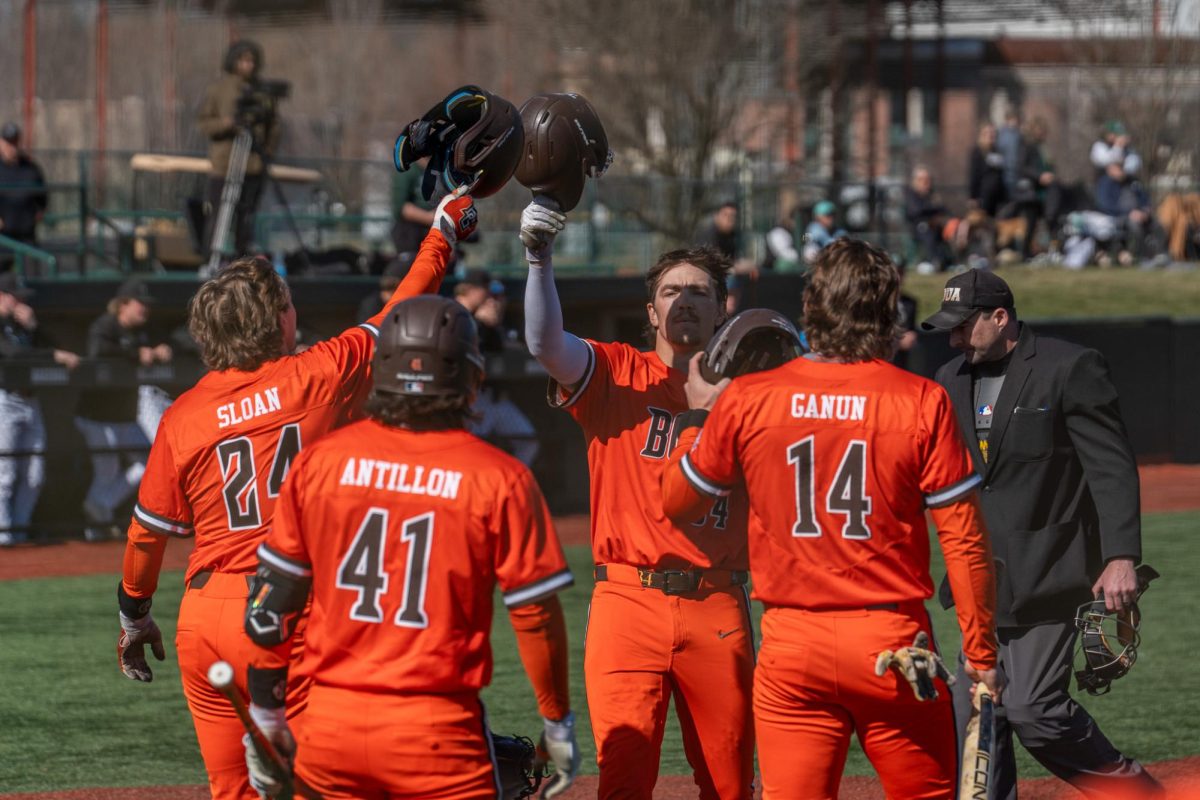To understand the structure and theme of standing in solidarity is to strip the word down to in its Latin root, “solidum,” or “whole sum.” The neuter of solidum boils down to simply: solid.
To understand the consequence of becoming an ally is also to remove the stereotype of the word and study the Latin root, “alligare” or “to bind with.”
Critics of the University of Missouri protests, and racially charged protests on college campuses nationwide, fail to understand the basic human emotion it takes to stand in solidarity and to adopt the label of allyship simply because as Americans, change is uncommon and undoubtedly a new concept to consider.
While it may come to a shock to realize, human right movements are a 21st century discovery, and the peak of its organization is now. With technological advancements moving at a rapid pace, so is our ability to interact and learn from each other’s struggles and successes.
While I am white, coming from an entire white lineage, I stand in solidarity with the marginalized people of color all across America.
When Darren Wilson was not charged with the murder of Michael Brown, I watched my friends realize that death is real and it waits for them on their back porch steps.
When the New York Times headline scrolled across my phone, I remember leaving the newsroom, tears stinging my eyes. I needed a human connection. I said, “I love you” so many times that night.
I’ve seen so much anger and so much hurt in the eyes of people who default on forgiveness.
On BGSU’s campus, there was a die-in for the case of Freddie Gray, a black man strangled in Chicago. Campus watched as they fell for the deaths and arrests, beatings and bullying of brothers and sisters they will never know, trying to mend or reconcile pain.
I ally with this pain and I stand in solidarity with the nation that bursts with color. I bind with the Black Lives Matter movement, and I ally with the heartache of watching someone who could have been you fall to tragedy.
I have heard some people call the movement un-American and bothersome, unnecessary and exhausting.
What is more American than liberation?
Tell me, what makes us feel freer than fighting for what we think is the best for our families and our well being?
This is the basic human emotion that many lose in the catfight of resistance against solidarity; the liberation it takes to hold a strangers hand and ask them why it feels painful to be alive.
After the die-in, I went to a friend’s home to unwind and relax, and I learned a lot about what liberation and pain does to a human being.
What is it about pain that makes this movement more happy than sad? What is it that causes laughter over tears?
What is it about pain that makes it easy to love?
Andrea Gibson wrote in her poem The Nutritionist, “You stay here with me, okay? You stay here with me raising your bite against the bitter dark, your brilliant longing and your brilliant fists of loss, friend. If the only thing we gain in staying is each other, my god that is plenty, my god that is enough.”
Love is real and love is here. It’s exists for black lives, for the allies and it is interwoven in solidarity, and my god that is enough.
Respond to Michele













